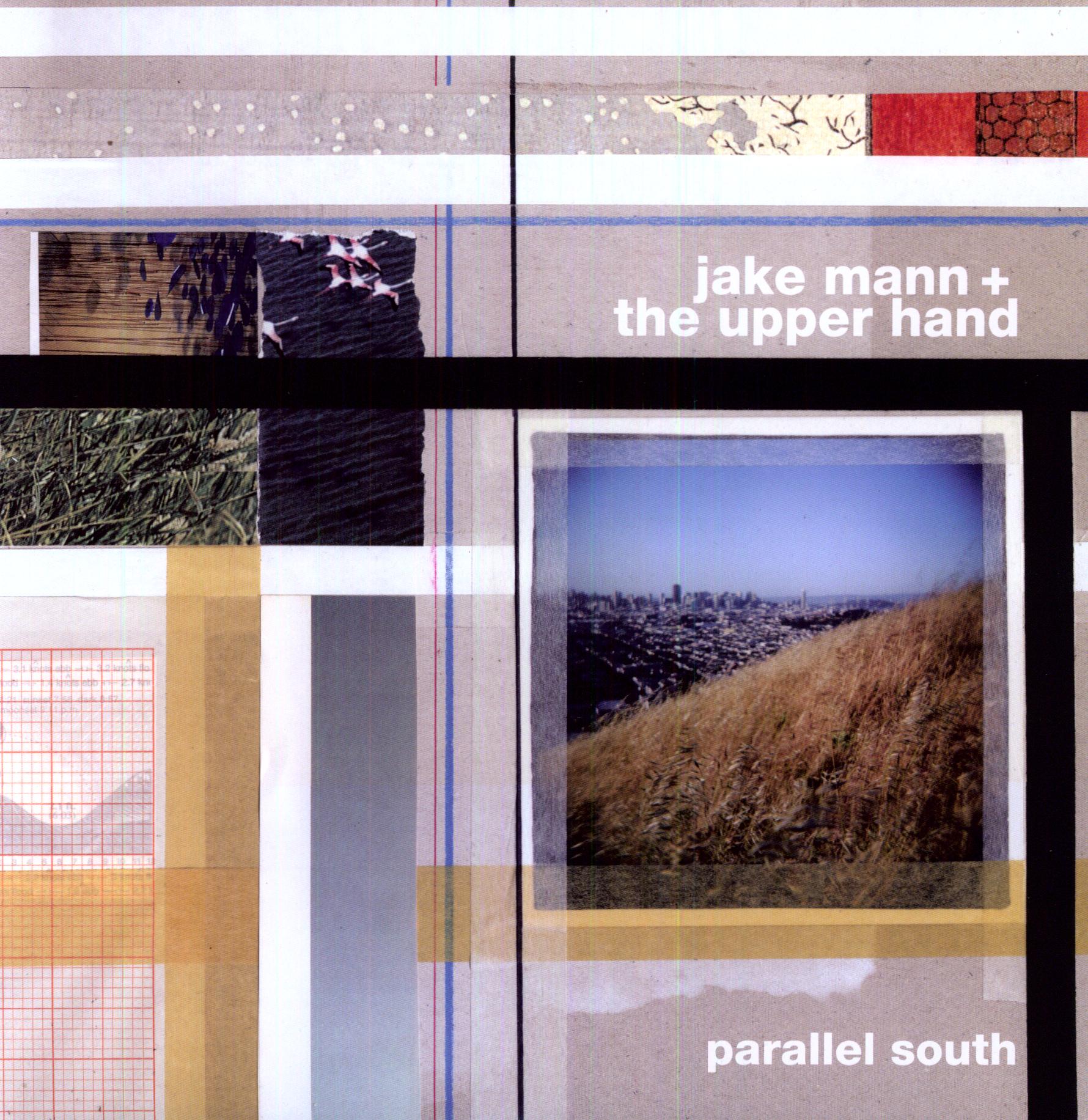
description
4Joshua Nguyen's sharp, songlike, and often experimental collection compartmentalizes past trauma--sexual and generational--through the quotidian. Poems aim to confront the speaker's past by physically, and mentally, cleaning up. Here, the Asian-American masculine interrogates the domestic space through the sensual and finds healing through family and in everyday rhythms: rinsing rice until the water runs clear, folding clean shirts, and attempts at re-creating an unwritten family recipe. Yet past wounds remain present like permanent marker under layers of paint or spilled fish sauce set into car upholstery. Infused with the Shinto-inspired organizing practices of KonMari and the catchy nihilism of Mitski's songs, the poems in Come Clean unpack, organize, and tidy up life's messy joys and hurtful chaos with intimacy, grace, and vulnerability.
No matter how smattered my insides, I am relieved that I left my room tidy--
One less ugly sight. I always wanted to die clean & pretty
while my dreams made music in the night.--Excerpt from "Last Words"
No matter how smattered my insides, I am relieved that I left my room tidy--
One less ugly sight. I always wanted to die clean & pretty
while my dreams made music in the night.--Excerpt from "Last Words"
member goods
No member items were found under this heading.
Return Policy
All sales are final
Shipping
No special shipping considerations available.
Shipping fees determined at checkout.







